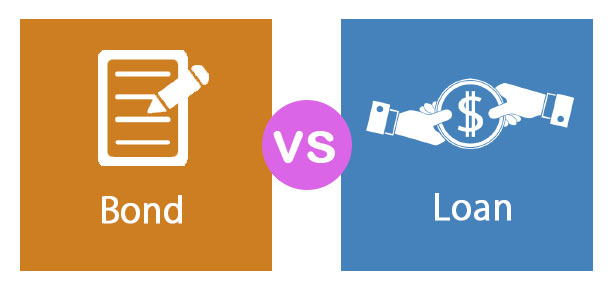Let’s Talk About Different Types of Bonds
What are bonds?
In basic terms, a bond is a loan from an investor to a borrower such as a company or government. The borrower uses the money to fund its operations, and the investor receives interest on the investment. The market value of a bond can change over time.
Types of bond loans
On the basis of interest rates:
1. Fixed rate bonds
A fixed rate bond is a bond that pays the same level of interest over its entire term.
An investor who wants to earn a guaranteed interest rate for a specified term could purchase a fixed rate bond in the form of:
1. Treasury
2. Corporate bond
3. Municipal bond
4. Certificate of deposit (CD)
If market interest rates rise or the financial health of the issuer deteriorates, investors may demand a greater yield and the price of the bond will generally fall.
2. Floating bond rates
A floating-rate note (FRN) is a debt instrument with a variable interest rate. The interest rate for an FRN is tied to a benchmark rate.
Benchmarks include the U.S. Treasury note rate, the Federal Reserve funds rate, known as the Fed funds rate, the London Interbank Offered Rate (LIBOR).
A common measure is the 90 day Bank Bill Swap Rate or BBSW (a benchmark rate based on actual transactions in bank bills and negotiable certificates of deposit).
Typically, the coupon will be expressed as a fixed margin above the benchmark rate (e.g. BBSW plus 2%).
3. Indexed bonds
Indexed bonds are generally medium to long-term bonds. The face value of the bond is adjusted periodically for movements in a nominated index, such as the Australian Consumer Price Index (CPI) or an index tied to the price of a particular commodity.
Interest is usually paid at a fixed rate on the adjusted face value. At maturity, investors receive the adjusted face value of the indexed bond plus the final coupon based on the adjusted face value.
On the basis of issuers:
1. Government bonds
The primary source of information about Exchange-traded Australian Government bonds are the Information Statements provided by the Australian Government which you should read in full before investing.
There are two different types of Exchange-traded Australian Government bonds:
Exchange-traded Treasury Bonds (TBs)
Exchange-traded Treasury Indexed Bonds (TIBs)
2. Corporate bonds
You can buy corporate bonds directly from the issuer through a public offer (known as the primary market) at face value. You can also buy some corporate bonds on the ASX after they have been in the primary market (known as the secondary market).
Corporate bonds are a form of debt financing. They are a major source of capital for many businesses, along with equity, bank loans, and lines of credit. They often are issued to provide the ready cash for a particular project the company wants to undertake.
Independent bodies known as credit rating agencies assess borrowers to determine their credit rating. Generally, the lower the credit rating, the greater the risk to the investor.
Summary
This article will give you detailed information regarding the types of bonds that you can opt from depending on your needs and financial status and stability.



Comments
Post a Comment